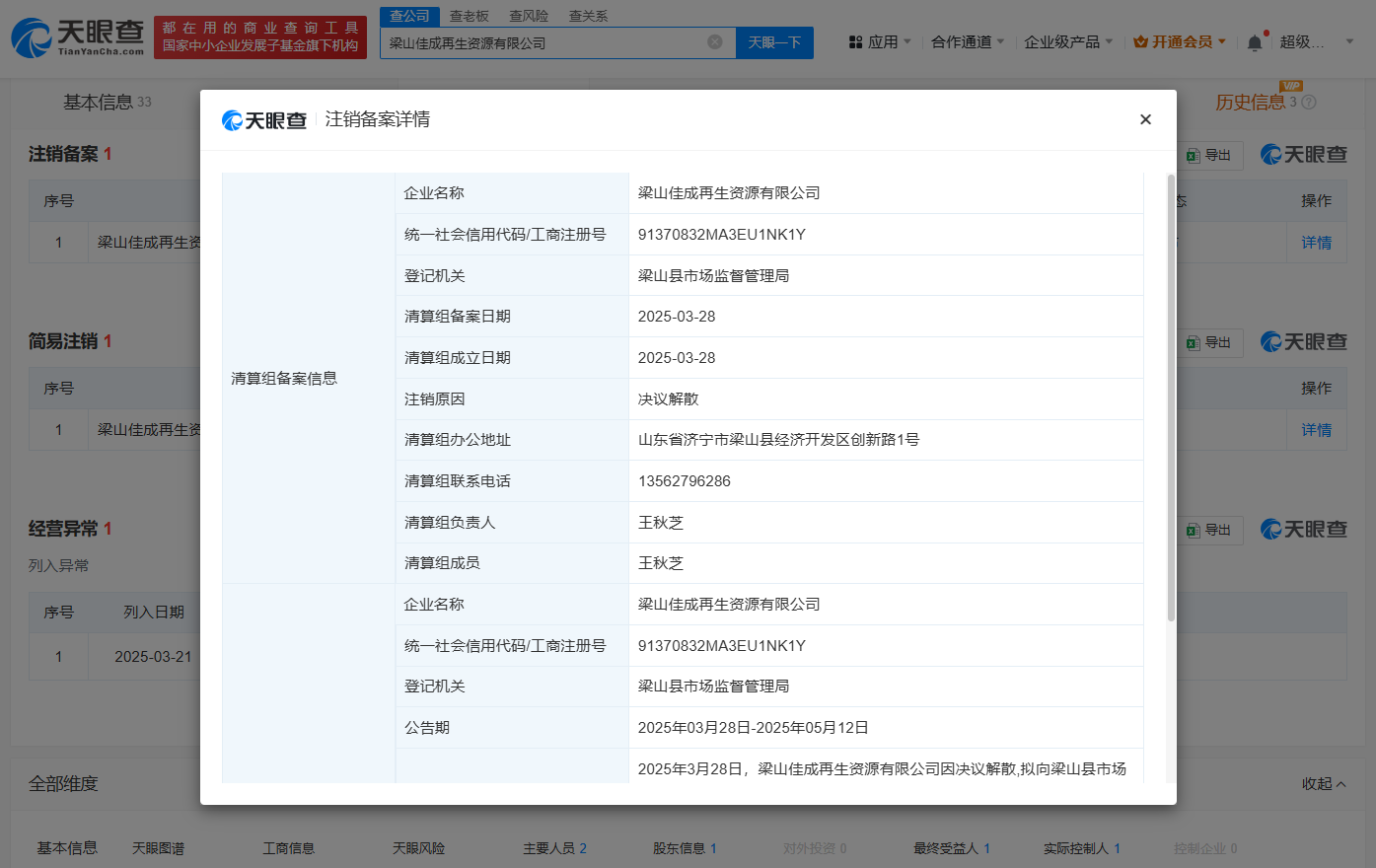In recent times, Chinese financial regulatory authorities have imposed penalties on 16 financial institutions, including the Bank of China, Bank of Communications, China CITIC Bank, and Zhejiang Taizhou Commercial Bank, drawing considerable attention and debate within the financial sector.
The penalty announcements reveal that these institutions have been penalized for various violations, resulting in fines of varying amounts and warnings or fines for relevant individuals. For instance, the Harbin Free Trade Zone Branch of Taiping Property Insurance Co. Ltd. was fined 80,000 yuan for providing benefits outside the contract, with its manager, Fei Yu, also receiving a personal fine of 20,000 yuan and a warning. Similarly, Hebei Hainai Insurance Agency Co. Ltd. was fined 10,000 yuan and warned for losing its insurance intermediary license. Multiple branches of Zhejiang Taizhou Commercial Bank were fined between 200,000 and 300,000 yuan for violating prudent operating rules in loan management, and their president was also warned.
The violations in loan business were a major focus of this penalty. Multiple banks were heavily penalized for failing to perform due diligence before loans and inadequate post-loan management. The Yingkou Branch of China Everbright Bank was fined 600,000 yuan for both pre-loan investigation and post-loan management issues, with its president and another senior executive receiving warnings. Similarly, multiple branches of China Everbright Bank in Shanghai were penalized for loan management violations, with fines ranging from 250,000 to 400,000 yuan. The relevant customer managers were also warned.
In the insurance and trust sectors, violations were also significant. The actions of the Harbin Free Trade Zone Branch of Taiping Property Insurance Co. Ltd. disrupted the market's fair competition order. Former Anxin Trust Compliance Director Zhu Wen was banned from working in the banking industry for life due to promising that trust property would not suffer losses or guarantee minimum returns, as well as for improperly挪用 trust assets. These actions not only harmed investor interests but also severely affected the credibility of the trust industry. The Shanghai Yangpu Branch of China People's Insurance Co. (Group) was fined 200,000 yuan for using insurance business to gain不正当 interests for other institutions or individuals, and the relevant person was warned and fined.
The penalties imposed by the financial regulatory authorities are not only a direct response to violations but also send clear regulatory signals to the entire industry. Through measures such as fines and warnings, the regulators aim to strengthen the internal management of financial institutions,规范 their business operations, and maintain the healthy and stable development of the financial market. These penalties also remind financial institutions of the necessity to strictly comply with laws and regulations, enhance risk management and compliance construction, and avoid similar violations from recurring.
To avoid future penalties, financial institutions need to strengthen the risk management of loan businesses from multiple aspects. Firstly, it is crucial to improve pre-loan investigation mechanisms, including enhancing the professional quality and risk awareness of credit personnel, establishing multi-dimensional information collection channels, and strictly implementing on-site investigations. Secondly, strengthen loan approval processes, establish scientific risk assessment models, implement tiered approval systems, and enhance internal audit supervision. In post-loan management, financial institutions need to regularly track and monitor borrowers' business conditions, establish risk warning mechanisms, and strengthen the supervision of loan funds to ensure the funds are used in accordance with the contract's agreed-upon purposes.
Financial institutions should also strengthen internal management and compliance construction, improve loan business management systems, clarify the responsibilities and powers of various departments and positions, and standardize business operation processes. At the same time, strengthen the construction of a compliance culture, raise employees' compliance awareness, and enhance internal audit supervision, regularly auditing loan businesses and rectifying problems in a timely manner. Through the implementation of these measures, financial institutions can more effectively manage loan business risks, ensure compliance operations, and maintain the stable and healthy development of the financial market.







暂无评论